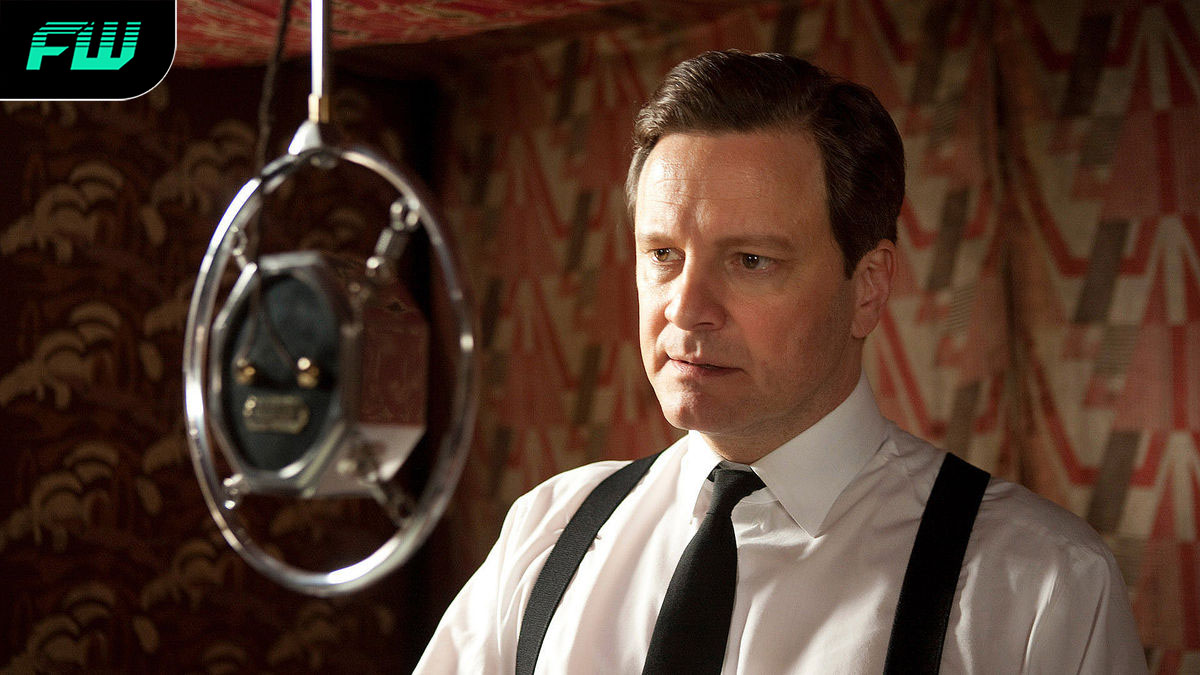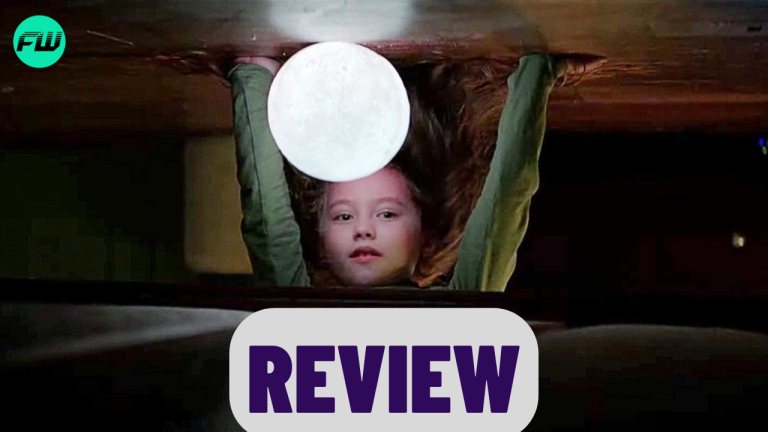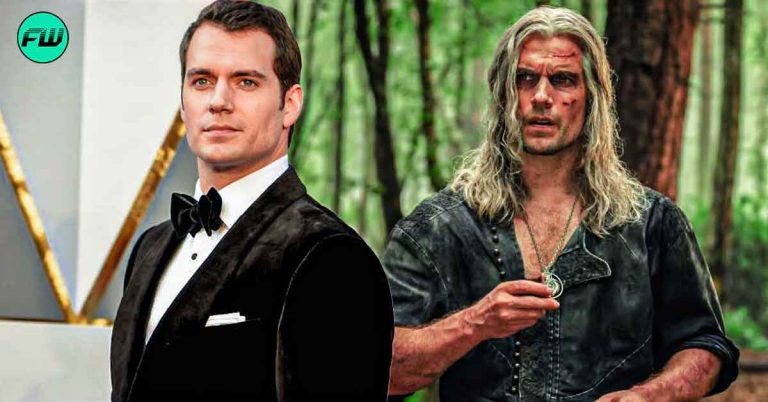With the Oscars on Sunday night, I wanted to reflect on a Best Picture winner that I hadn’t seen before. And so I landed on The King’s Speech, available on Netflix.
The King’s Speech won the 2011 Best Picture (along with three other awards) over the likes of Black Swan, Toy Story 3, and, perhaps most controversially, The Social Network. I would say The Social Network is a marginally better movie (and would have my vote for the best movie of 2010), but The King’s Speech is far from a fraud winner.
Both movies are exceptionally well-made, and I think it just comes down to personal preference. Add in the fact that The Social Network’s target audience likely skewed younger than the majority of the Academy members, and The King’s Speech win makes even more sense.
But we’re not here to do a deep dive into the 2011 Best Picture race. So let’s see what made The King’s Speech such a good movie.
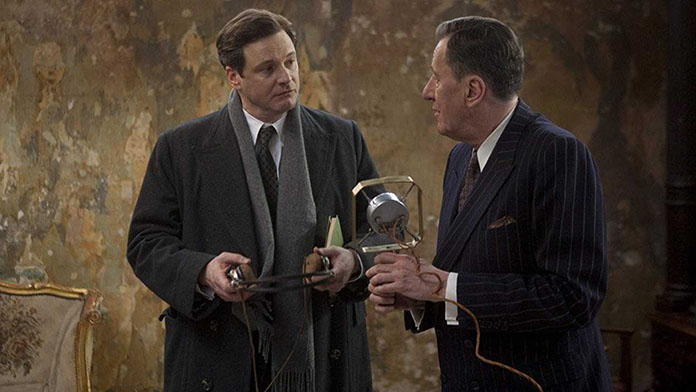
Also read: Oscar Night Gambling Guide – Let’s Make Some Money!
Compelling Story
This is where any movie starts. If the story is bad, there is only so much that can be done to save it. And The King’s Speech has a great – and unique – story to tell.
It follows the eventual, and reluctant, King George VI (Colin Firth) (known as Bertie before his coronation) as he works with an unorthodox speech therapist to overcome his stammer.
Take away the royalty part and it’s nothing more than a by the book feel-good story. But it does have the royalty factor to take into account. And that alone elevates the story.
Having a stammer or other speech impediment can make life difficult enough. But when you’re a member of a royal family, or even, you know, a literal king, the psychological toll that must take is unimaginable. A huge part of your duties is to be the face of an entire country, and to make countless public addresses.
The King’s Speech manages to humanize a royal figure in a way few movies can. Royal family members are often seen as larger than life. And they are, and that’s part of what makes lots of royalty movies a fun form of escapism. But when you drill down to the human side of things, viewers may struggle to find a connection with these characters. The King’s Speech lets the audience in, and they are able to form a stronger connection than normal to this type of character.
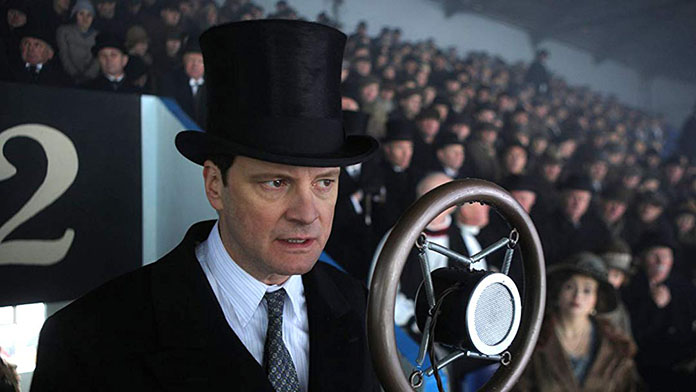
Masterful Acting
The story kicks everything off, but the acting performances here are incredible. Among its 12 nominations, The King’s Speech scored Oscar nods for Lead (which Firth won) and Supporting Actor (Geoffrey Rush) and Supporting Actress (Helena Bonham Carter). And while those three receive the lion’s share of the screen time, there is not a weak link to be found among any of the supporting characters.
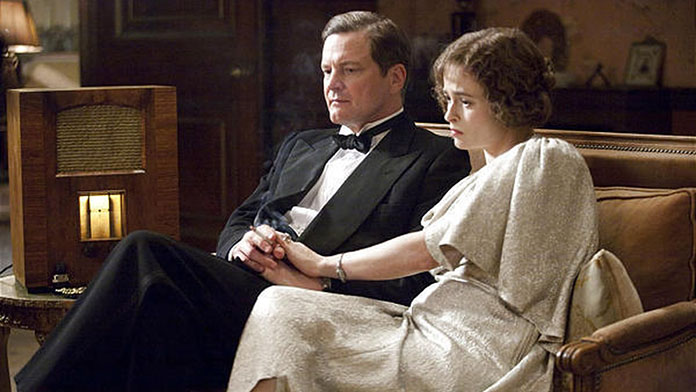
Beautiful Below the Line Work
The technical aspects are where a movie can go from good to great. And the below the line work in The King’s Speech is good as any movie in recent memory. From the set design to the costumes to the score, everything works to near-perfection.
All of these pieces fit together to pull you further into the story. It starts at the top with the story and acting, and the technical work is the icing on the cake. Good movies will falter in some of these areas; great movies nail down each and every one. And The King’s Speech is a great movie.

